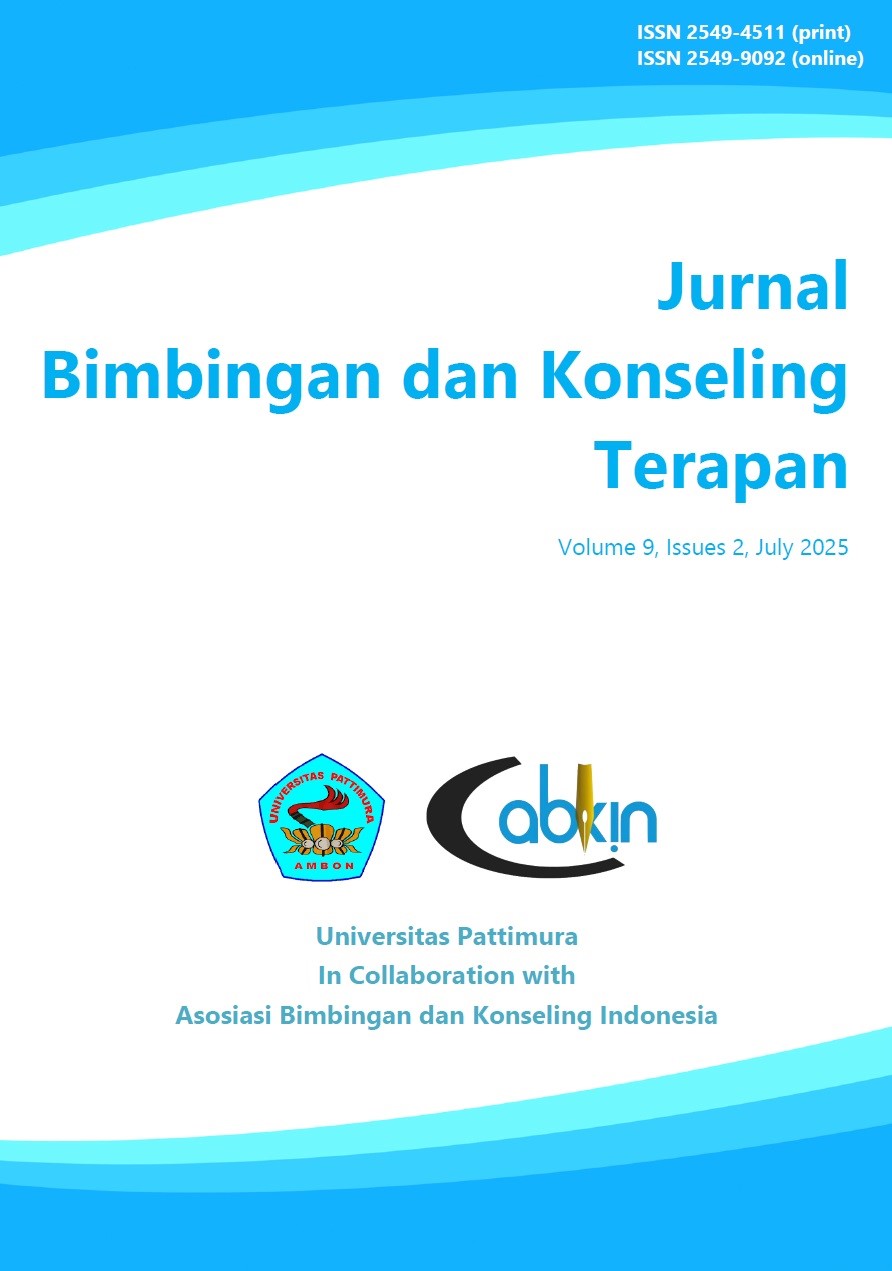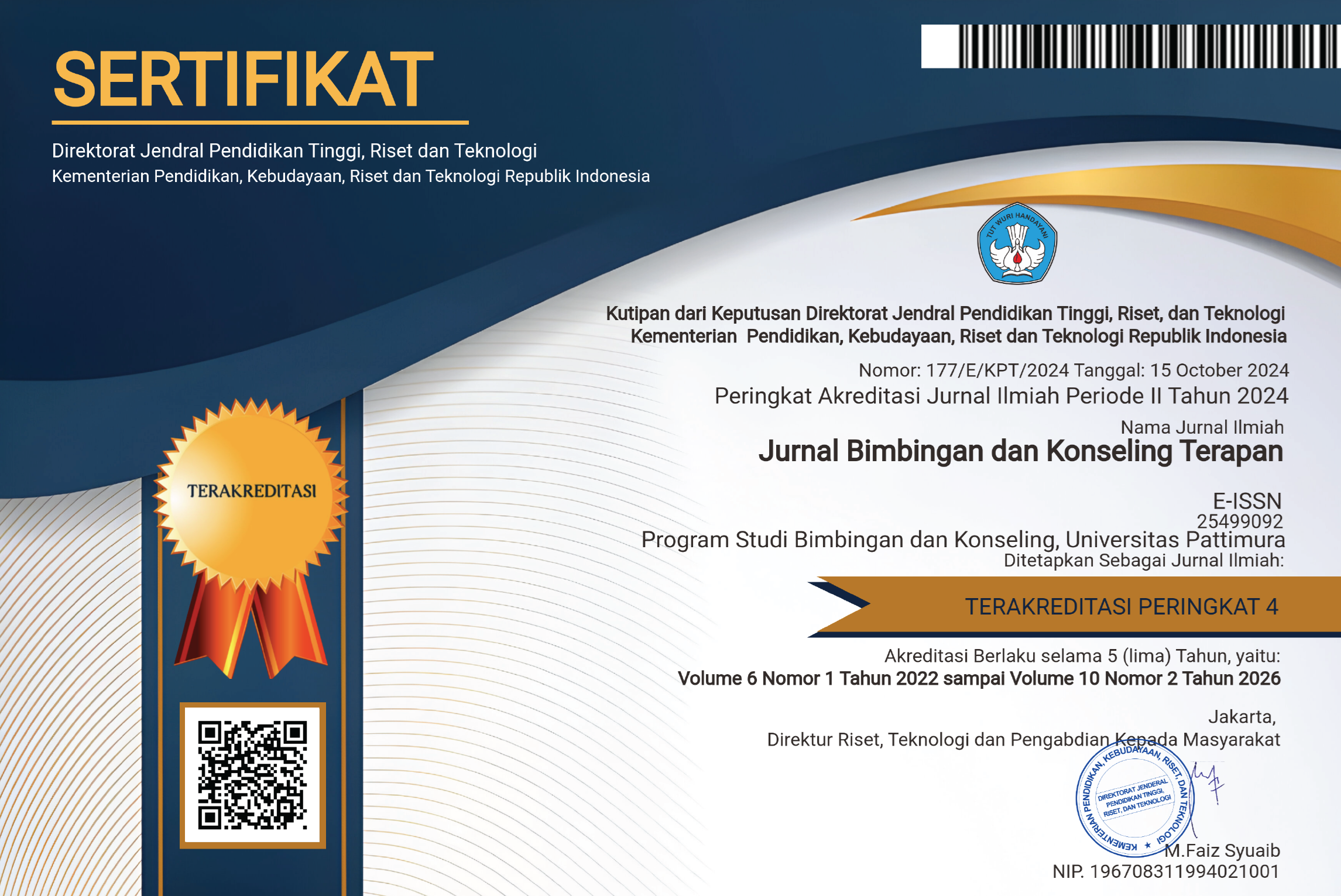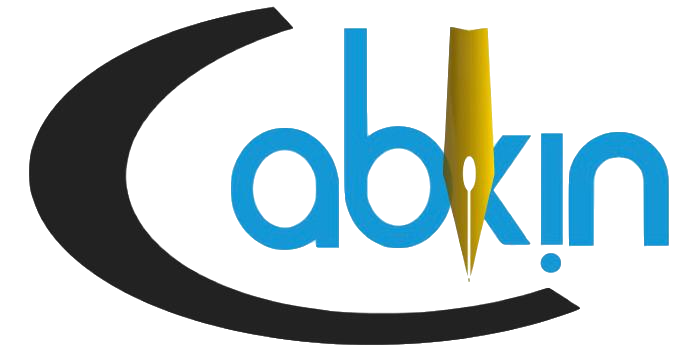Developing a Holland-Based Career Guidance Program to Enhance Career Planning in Higher Education: An Educational Intervention for Guidance and Counseling Students
Abstract
The transition from higher education to employment remains a critical challenge for many students, particularly in the era of increasing global competition and rapidly evolving job requirements. At Universitas PGRI Argopuro Jember (UNIPAR), the majority of Guidance and Counseling students experience difficulties in establishing career goals that align with their personalities and educational backgrounds, often due to a lack of structured career guidance and self-awareness. This study aimed to develop and evaluate a career guidance program based on John L. Holland’s RIASEC model to support these students in identifying suitable career pathways and enhancing their readiness for the workforce. Utilizing a Research and Development (R&D) approach with the ADDIE model, the program was designed, validated by experts, piloted, and implemented over four weeks with purposively selected students. The findings revealed significant improvements: 80% of participants identified their Holland personality type and matched it with relevant careers, 70% formulated both short- and long-term career plans, and there were substantial gains in self-awareness (85%) and career readiness (75%). Expert validation confirmed the program’s strong content feasibility and theoretical alignment. The study concludes that a structured, theory-driven career guidance program can effectively enhance students’ career planning abilities, self-understanding, and satisfaction, providing a replicable model for higher education institutions. The research is beneficial for students, educators, and policymakers, offering a pathway to bridge the gap between academic preparation and labor market demands. Future research is recommended to expand the program across broader student populations and over longer implementation periods.












